2020 Distinguished Associate Professor Awards
The Provost Office is pleased to announce the 2020 Distinguished Associate Professors:
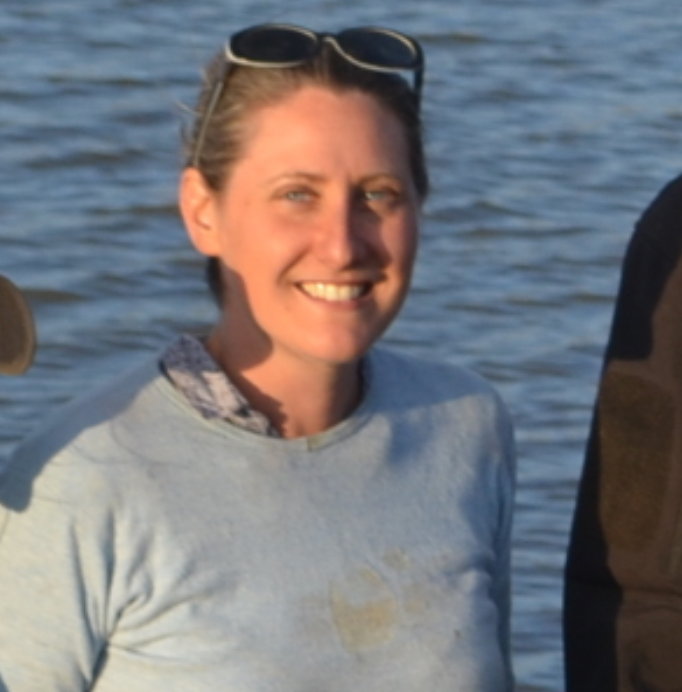
Kathryn de Luna is an Associate Professor of History. She received her Ph.D. from Northwestern University. She is a historian of Africa and specializes in the histories of eastern, central and southern Africa before the 20th century. She has conducted fieldwork among fifteen societies in five countries in eastern and south-central Africa. Her interdisciplinary work bridges History, Linguistics and Archeology.
De Luna undertook additional training to add depth to her interdisciplinary research. She participated in a Climate History workshop at Princeton on paleoclimate research, and did a year of coursework towards an MA in Archaeology at Yale University. She has received grants from Mellon New Directions as well as an NSF grant to fund her new archaeological research, and support from NEH and NSF for her project on language shift and migration.
Her book Collecting Food, Cultivating People: Subsistence and Society in Central Africa (Yale University Press, 2017) received the Henry A. Wallace Award, Agricultural History Society, in 2017, and the CHOICE Outstanding Academic Title award in 2018. Her co-edited book, The Oxford Encyclopedia of African History: Methods, Sources, and Historiography was published by Oxford University Press in 2019. She is co-creating a two-semester course on HyperHistory, drawing on methodologies of big data, for both undergraduates and graduate students.
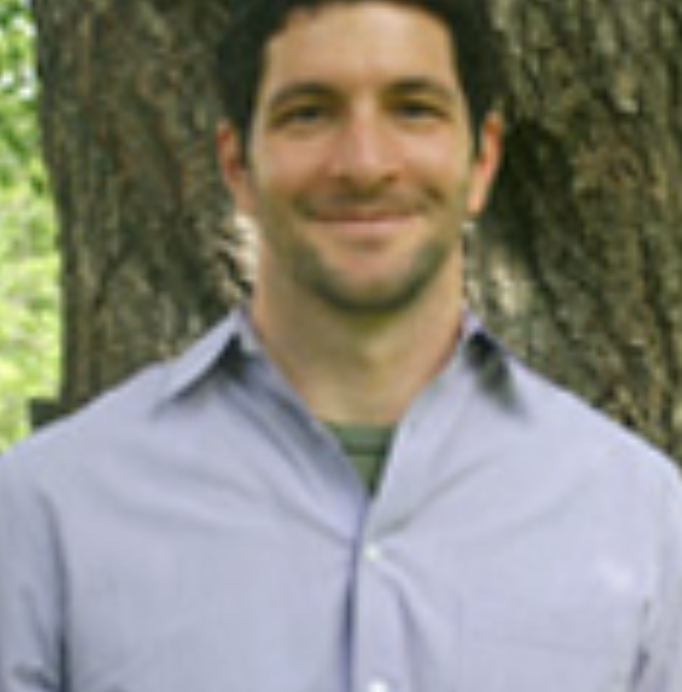
Adam Green is an Associate Professor of Psychology. He received his Ph.D. from Dartmouth College. He is a cognitive neuroscientist with research focused on the cognitive process of relational reasoning. He integrates behavioral, neural, and genetic levels of analyses with the goal of characterizing how people understand connections between ideas and events and how they may lead to creative innovation.
He is examining the extent to which spatially-based STEM education hones reasoning skill and its neural underpinnings; cognitive representation about belief in God, making cross-cultural comparisons between the United States and Afghanistan; and measurement and enhancement of scientific creative thinking in STEM education.
His work is helping form the new discipline: Neuroscience of Creativity. He is one of the founding members of the Society for the Neuroscience of Creativity, he currently serves as its President and is the incoming Editor-in-Chief of Creativity Research Journal. He is a prolific scholar having published 13 papers during or after his tenure year (2016-17). His work has been published in Nature Reviews Neuroscience and Current Directions in Psychological Sciences, among other journals. Professor Green is principal investigator on three National Science Foundation grants and two Templeton Foundation grants for a total of over $5 million.
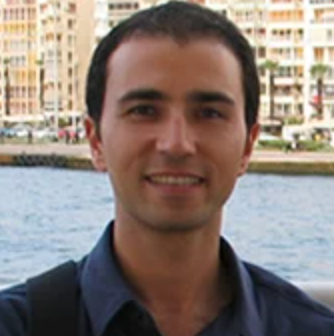
Kaveh Jorabchi is an Associate Professor of Chemistry. He received his Ph.D. from George Washington University. His research focuses on developing new analytical methods and techniques for characterizing substances present in miniscule amounts within complex samples composed of many chemical components.
He has made significant contributions to the science and methods to detect and quantify such trace components that can have enormous impacts even in small amounts. In the last few years alone, he has received grants totaling $1.5 million from organizations including the National Science Foundation and the National Institute of General Medical Sciences.
His work has appeared in the Journal of The American Society for Mass Spectrometry, Analytical Chemistry, and Journal of Analytical Atomic Spectrometry, among others. In addition to graduate students, his lab regularly involves undergraduate and high school students in research.
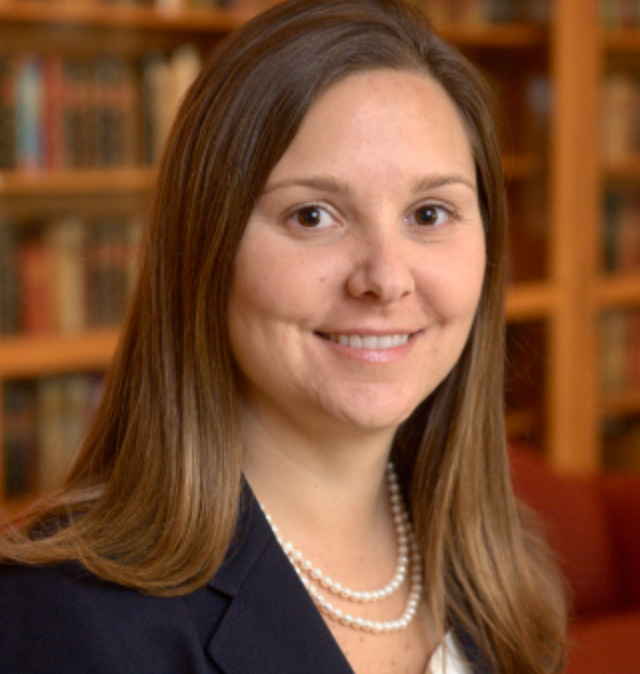
Joanna Lewis is an Associate Professor of Energy and Environment and Director of the Science, Technology and International Affairs Program (STIA) at the Walsh School of Foreign Service. She received her Ph.D. from the University of California at Berkeley. Her scholarship focuses on energy and environment in China. Her work examines China as both the largest energy consumer and greenhouse emitter, and also as an emerging leader in renewable energy.
She is considered as one of the world’s leading experts on the evolution of technologies in China, international technology transfer, and policy frameworks. She was lead author of the UN Intergovernmental Panels on Climate Change’s Fifth Assessment Report representing the United States.
Her new book Cooperating for the Climate: International Partnerships and Technological Leapfrogging in China’s Clean Energy Sector is under contract with MIT Press. Her work has been published in several journals including Energy Policy, Global Environmental Politics, Science and Nature Energy. Professor Lewis provides students with real world experience in research and diplomacy.
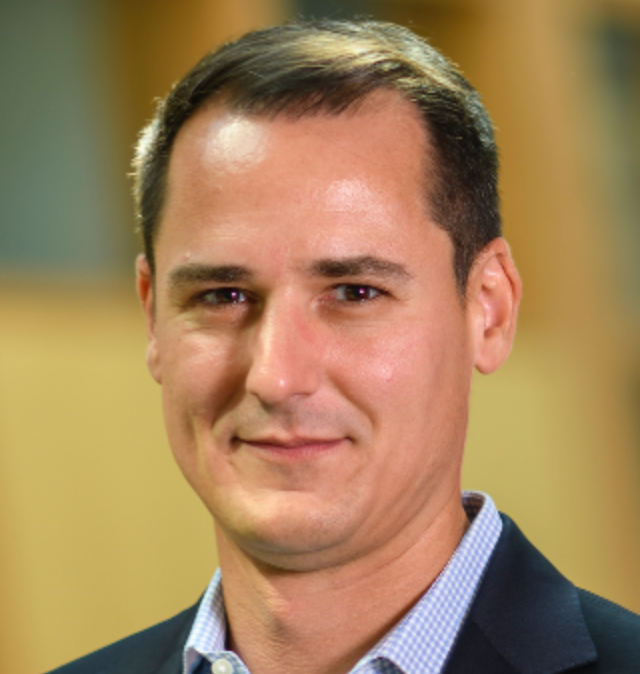
Alberto Rossi is an Associate Professor of Finance in the McDonough School of Business. He received his Ph.D. from University of California, San Diego. Rossi is quickly rising as one of the most visible and researchers in the area of FinTech and Machine Learning. He gave 40 research talks in 2019 alone. For example, his recent work helps to understand how individuals make finance decisions, and whether a fully robotized system, where a virtual adviser gives the customer advice is as effective as one where the advice is delivered by an adviser that explains the suggestions of the robot.
This year alone, he received a $402,450 grant from the National Science Foundation for his work on robo-advising and a $150,000 grant from JP Morgan for his work on machine learning. He has developed courses in FinTech and Blockchain.
His research has appeared in leading journals including the Journal of Finance, Journal of Financial Economics, and Review of Financial Studies, the top three journals in finance. His paper was awarded the Michael Brennan Prize, awarded to the best papers published in the Review of Financial Studies.
